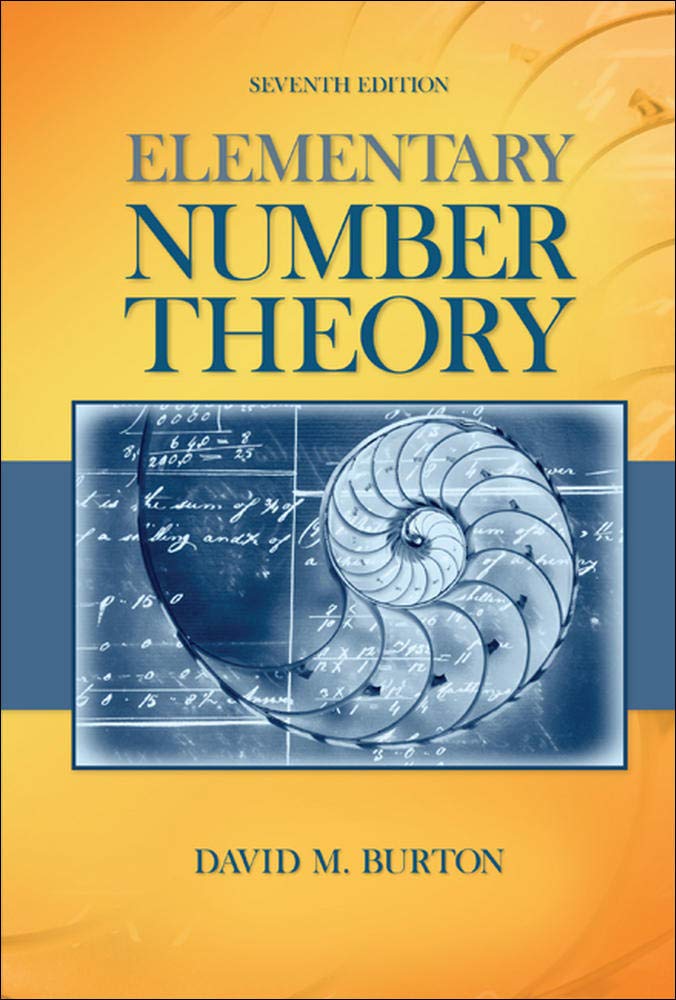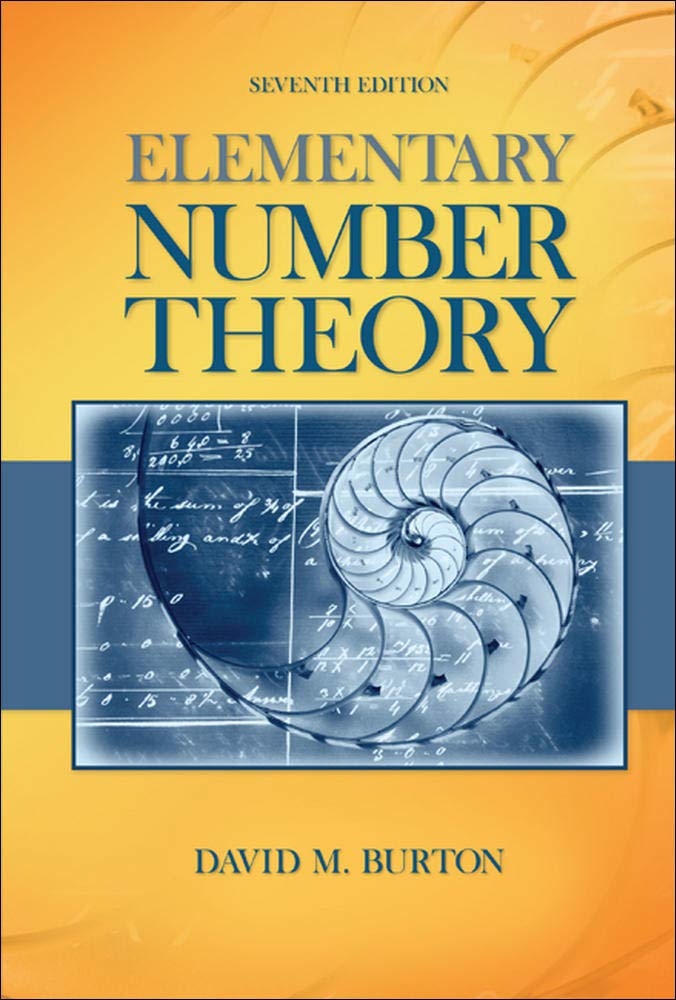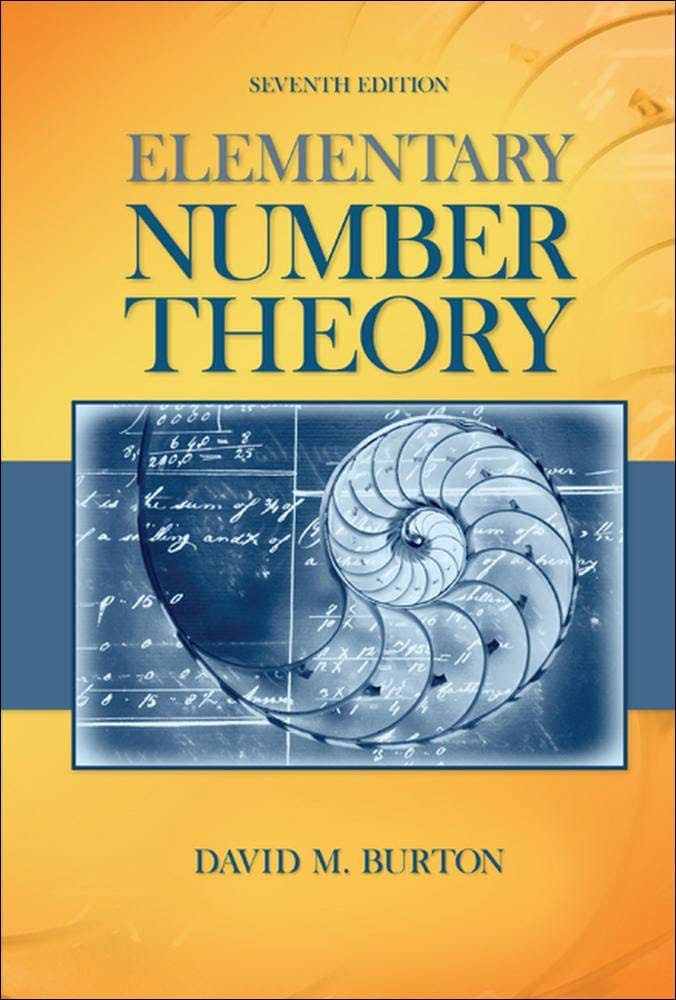
Elementary Number Theory Problems 3.3 Solution (David M. Burton's 7th Edition) - Q18
My Solution for "(a) If $p$ is a prime and $p \not \mid b$, prove that in the arithmetic progression $$a, a + b, a + 2b, a + 3b, ...$$ every $pth$ term is divisible by $p$. [Hint: Because $gcd(p, b) = 1$, there exist integers $r$ and $s$ satisfying $pr+ bs = 1$....] "
Background
All theorems, corollaries, and definitions listed in the book's order:

I will only use theorems or facts that are proved before this question. So you will not see that I quote theorems or facts from the later chapters.
Question
(a) If $p$ is a prime and $p \not \mid b$, prove that in the arithmetic progression $$a, a + b, a + 2b, a + 3b, ...$$ every $pth$ term is divisible by $p$.
[Hint: Because $gcd(p, b) = 1$, there exist integers $r$ and $s$ satisfying $pr+ bs = 1$.
Put $n_{k} = kp - as$ for $k= 1, 2, ...$ and show that $p \mid (a+ n_{k}b)$.]
(b) From part (a), conclude that if $b$ is an odd integer, then every other term in the indicated progression is even.
Solution
(a)
(There might be some confusion in the question here. The "every $pth$ term is divisible by $p$" actually means starting from some point in this sequence, there is a term divisible by $p$, and then starting from that term, every $pth$ term is divisible by $p$.
Because in this case, $a_{p}$ is clearly not divisible by $p$. From what I have discussed with Dr. Koopa Koo, he said this is the "maturity" in reading math.
For further explanation, assume $a_{p} = a + (p - 1)b$ is divisible by $p$. Then
The rest is for Premium Members only
SubscribeAlready have an account? Log in

